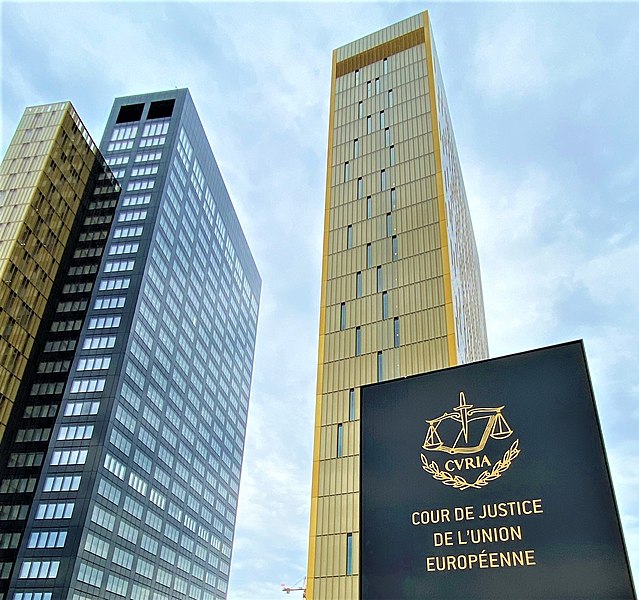Latest blog articles
-
As Internet users produce creative content (generally referred to as ‘user-generated content’ or ‘UGC’) by building on pre-existing copyrighted material, one might wonder how the current EU copyright regime deals with this phenomenon, especially after the recent addition of the Digital Single Market...
-
Questions surrounding how the EU budget is spent or audited have been, and will always be, of interest to EU citizens. Formally, the responsibility for the implementation of the budget rests with the Commission, but it is well known that the Member States have a crucial role to play, especially in...
-
Article 17 Digital Single Market Directive necessitated many online platforms to have an upload filter to prevent copyright infringements. The rationale behind this was to solve the ‘value gap’ that the music industry believed to exist between revenues generated by music-streaming platforms and...
-
Disruptions of supply—as opposed to refusals to supply—are a suitable qualification for the ‘open early, closed late’ scenarios often observed in the digital economy. The case law, however, does not always distinguish clearly between the two types of conduct. This blog post traces the evolution of...
-
Some conducts encountered in digital markets, e.g. killer acquisitions, self-promotion and marketing strategies, non-transparent and discriminatory interfaces, signify a need for ex ante regulation, as widely acknowledged. The European Commission, UK Government and US Senators proposed legislative...
-
Representing the prototype of multi-sided platforms, app stores are at the forefront of the debate on digital markets. Several regulatory proposals place on app stores neutrality obligations vis-à-vis third parties. Are EU and US competition laws utterly unfit to tackle platform-related behaviours...
-
As Big Tech Platforms increasingly become unavoidable actors in digital markets, there seems to be a consensus in the EU, UK and USA that legislative action must be taken to tame their power. However, there are several notable differences in the way in which they suggest to design this regulatory...
-
The EU Directive on Administrative Cooperation (DAC), enacted in 1977 and – as a standard – most recently re-adopted in 2011, has been amended several times with its scope of application broadened over the years. The DAC and its amendments tend to follow discussions on transparency and exchange of...
-
With its judgment in case Stichting Rookpreventie Jeugd and Others (C-160/20) of 22 February 2022, the Grand Chamber of the Court of Justice of the European Union (Court of Justice) has set a fundamental milestone on the legal status and consequences of incorporating global standards in EU...
-
As course coordinator and tutor for the only mandatory law course in the Bachelor in European Studies, I typically start the course with a clear message to students: Law as a discipline has its own language and logic and you can only get the hang of it by doing it. This means attending and...









